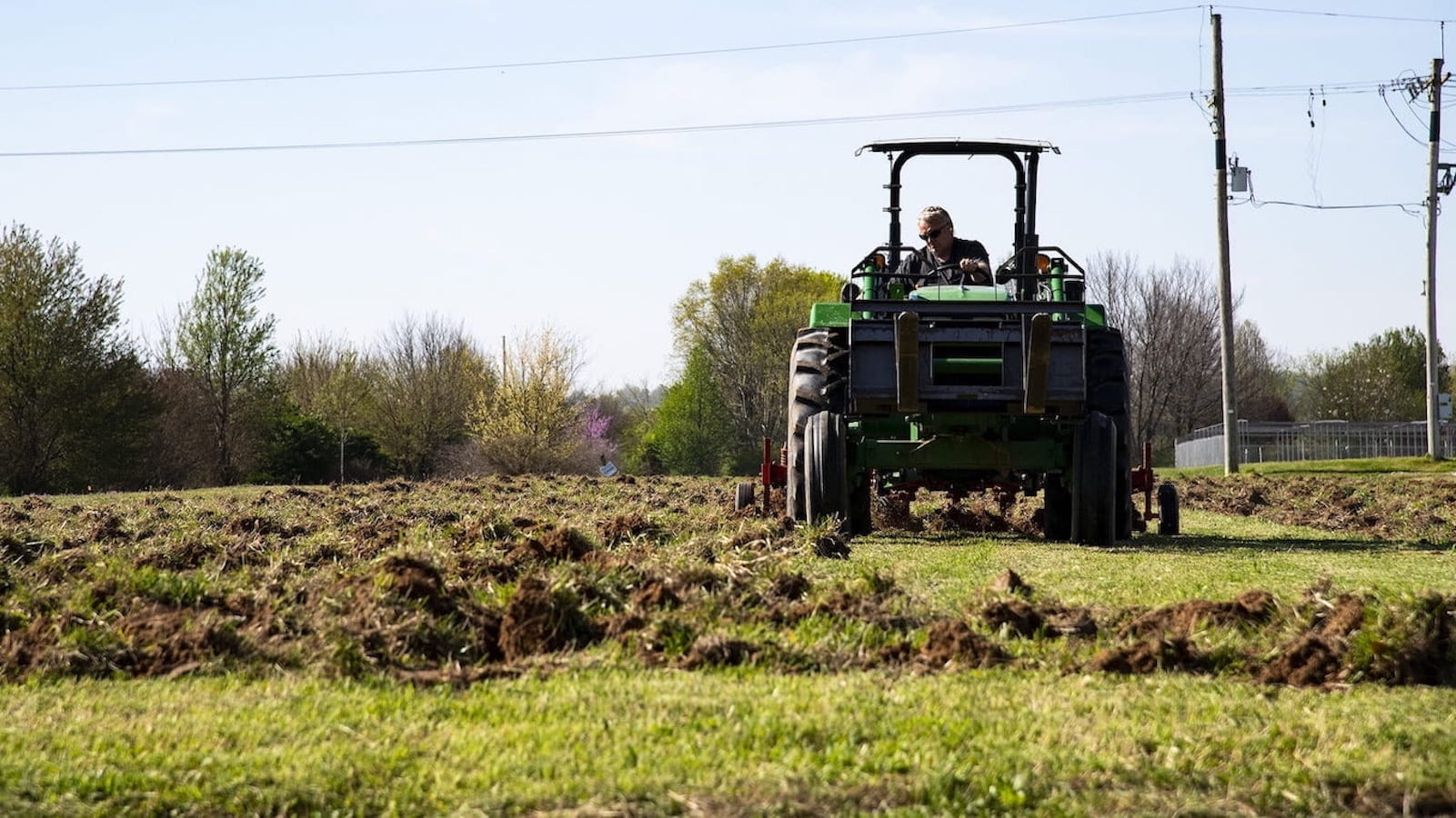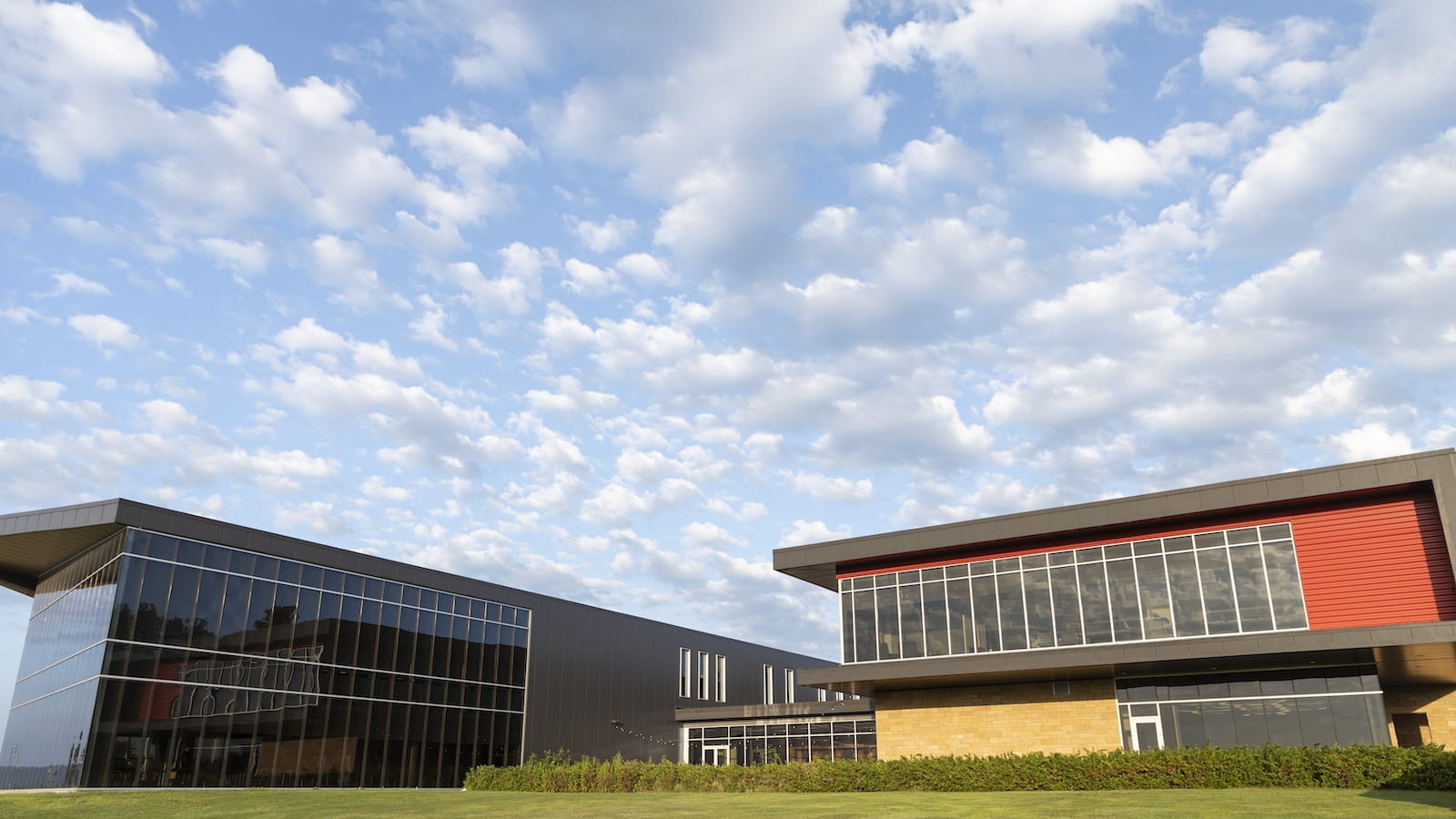Grant Writing and Research Development
Contact
Dr. Keith Berry, Jr.
Research Development Specialist
kberryjr@uark.edu
Grant Writing and Research Development
The Arkansas Agricultural Experiment Station (AES) is committed to supporting researchers in grant development and grant writing. To that end, we have contracted Hanover Research, a company that helps organizations in higher education increase grant submissions and funding success. We are working with Hanover to help researchers develop proposals from seed to standard to large, complex proposal submissions. See the complete list of grant writing help services below and click the button to get started.
Contact
Dr. Keith Berry, Jr.
Research Development Specialist
kberryjr@uark.edu
Hanover Services
Research faculty and personnel who want to improve their grant-seeking and grant-writing skills are eligible to request the below services from Hanover:
- Proposal review* – a high-level review (not a review of the science) with in-margin comments addressing where the proposal can better align with funder guidelines and priorities.
- Proposal revision* – a more in-depth review that includes line-item edits that may range from proofreading to developmental editing, depending on the agreed-upon scope.
- Proposal overview (1-2 pages) – review of initial 1-2 pages of proposal presenting the topic overview and problem statement, goals, objectives or aims, and approach.
- Program search to fund a project – discuss your project ideas with a consultant to target an appropriate program to submit a proposal.
- Faculty consultation to discuss program fit – discuss how well your project topic, goals, objectives or aims, and approach align with program goals and priorities.
- Letter of Interest (LOI) or pre-proposal – depending on the agreed-upon scope, a high-level or in-depth review and writing assistance (not a review of the science) addressing alignment with funder guidelines and priorities. The goal is for the program to invite submission of a full proposal.
- Specific required component** (logic model, data management plan, etc.) – depending on researcher needs, a consultant reviews documents specifically required by a funding program.
- Grant writing training – request training to meet specific proposal writing and grant funding challenges. Depending on needs, researchers may be referred to existing training resources.
*Hanover consultants focus on the project narrative and the project summary for proposal review and proposal revision. See the FAQs for a more in-depth comparison of proposal reviews versus proposal revisions.
**Hanover does not typically review budgets or supporting documents unless specifically requested.
Hanover also provides pre-recorded webinars to help answer common grant-seeking questions and access information about specific federal funding program requirements. Researchers can also sign up for grant funding calendars that send reminders to researchers about upcoming programs and funding opportunities.
Getting Started
To get started, please contact our research development specialist, Dr. Keith Berry, Jr.
Only one employee at a time can use Hanover’s services, so the queueing process will try to accommodate as many researchers as possible, with consideration given to previous commitments, proposal submission timelines, and the required time needed to use Hanover’s services.
After you complete the form, you will be added to the Hanover queue. After securing a place in the queue, an initial scoping call is established with Audrey Ngeow at Hanover to determine the scope and scale of what the researcher is seeking and to evaluate how to proceed. She locates the appropriate consultant and manages the timeline and correspondence with the consultant, including scheduling a debriefing call between the researcher and Hanover consultant.
Different consultants will be matched with different researchers based on project topic and target funding agency. Consultants will visit with faculty in a debriefing call after providing reviews and an overview of information contained in the review. The debriefing call is an opportunity to visit with the consultant and clarify feedback.
Timeline for Hanover processes
Below is a typical timeline for requesting and using Hanover’s services.
| Step | Purpose | Timeline | Contact |
|---|---|---|---|
| 1. Contact our research development specialist | Evaluate PI needs. Initiate scheduling in the queue. | Complete as early as possible to be added to the queue. Account for at least 1 week before being added to the queue. | Dr. Keith Berry, Jr. kberryjr@uark.edu |
| 2. Scoping call with Hanover content director | Learn about PI needs. Secure appropriate Hanover consultant. Schedule debriefing call with assigned consultant. | If appropriate, this call will occur at least 1 week prior to Hanover commencing work on the requested service. | Audrey Ngeow, Hanover Research |
| 3. Hanover activity | Consultant carries out activity. |
|
TBD depending on project needs |
| 4. Debriefing call with consultant | Follow-up to go over feedback, information, and questions. | Within 1 week of receiving written feedback | Consultant who worked on project activity |
| 5. Proposal submission | Submit entire proposal to Grants Office, who then submits to the funding agency. | Work with AES Grants Office to initiate proposal submission process well ahead of deadline. Entire proposal due 5 days (1 week) prior to program submission deadline. | PI and AES Grants Office |
* For proposal review or grant writing training, plan on a 6-week process. One week means 5 working days, so be sure to account for holidays.
** For proposal revision, letter of interest (LOI), pre-proposal review, or program search to fund a project, plan on a 7-week process to grant submission.
*** For faculty consultation to discuss program fit, proposal overview (1-2 pages), review of a specific required component (e.g., logic model, data management plan, etc.), plan on a 4-week process (not considering final proposal submission).
Timeline for Hanover processes
Below is a typical timeline for requesting and using Hanover’s services.
Step 1. Contact our research development specialist, Dr. Keith Berry, Jr. (kberryjr@uark.edu).
Evaluate PI needs. Initiate scheduling in the queue.
Complete as early as possible to be added to the queue. Account for at least 1 week before being added to the queue.
Step 2. Scoping call with Hanover content directors, Erin Waters (reviews and training) and Ashley Mahaffey (Hanover Digital).
Learn about PI needs. Secure appropriate Hanover consultant. Schedule a debriefing call with an assigned consultant.
If appropriate, this call will occur at least 1 week prior to Hanover commencing work on the requested service.
Step 3. Hanover activity (TBD depending on project needs).
Consultant carries out activity.
- Proposal review = 2 weeks*
- Proposal revision = 3 weeks**
- Proposal overview (1-2 pages) = 1 week***
- Program search to fund a project = 3 weeks**
- Faculty consultation to discuss program fit = 1 week*
- Letter of Interest (LOI) or pre-proposal = 3 weeks**
- Specific required component (e.g., logic model, data management plan, etc.) = 1 week***
- Grant writing training = 2 weeks*
Step 4. Debriefing call with a consultant who worked on project activity.
Follow-up to go over feedback, information, and questions.
Within 1 week of receiving written feedback.
Step 5. Proposal submission (PI and AES Grants Office).
Submit entire proposal to Grants Office, who then submits to the funding agency.
Work with AES Grants Office to initiate proposal submission process well ahead of deadline. Entire proposal due 5 days (1 week) prior to program submission deadline.
* For proposal review or grant writing training, plan on a 6-week process. One week means 5 working days, so be sure to account for holidays.
** For proposal revision, letter of interest (LOI), pre-proposal review, or program search to fund a project, plan on a 7-week process to grant submission.
*** For faculty consultation to discuss program fit, proposal overview (1-2 pages), review of a specific required component (e.g., logic model, data management plan, etc.), plan on a 4-week process (not considering final proposal submission).
Additional training and other services
Training falls into categories of on-demand, pre-recorded webinars through the Grants Learning Center and in the Hanover Digital Portal, and customized training sessions.
Grants Learning Center
Hanover’s Grants Learning Center provides self-paced modules to help develop successful proposals. Hanover’s modules currently focus on the NIH R-series and NSF CAREER proposals. Hanover plans to provide additional modules soon.
The two on-demand modules in the Grants Learning Center include:
- NIH introductory course — this program is designed to strengthen PI competitiveness with NIH-specific resources, uncovering keys to success for different funding pathways. This module includes a course on NIH’s most prevalent Research Project Grants (R-series), helping PIs to decipher which R activity code best fits their research goals. The module includes tips for drafting application components for a competitive submission that aligns with the NIH’s standards and is specific to its target mechanism.
- NSF CAREER proposals — this training is designed to support faculty in developing a complete and competitive proposal includes step-by-step guidance to help PIs know if the timing is right for them and how to best start a relationship with their CAREER program officer (PO).
To access the Grants Learning Center resources, please register on the Hanover website and request the institutional referral code from Dr. Keith Berry (kberryjr@uark.edu).
Digital Portal
Hanover’s Digital Portal provides access to Bi-weekly Grant Funding Calendars and monthly webinars. Please register here to obtain access.
Department heads and AES administrators have access to a greater range of materials in the digital portal. Hanover has a series of dashboards to track trends and inform decision-making, including the Federal Award Benchmarking Dashboard. If you are seeking research about trends in higher education, your department head may have access to information available in the digital portal. Please contact your department head or hanover@uark.edu if you do not find what you are seeking in the digital portal.
Customized training sessions may be requested for training in specific areas of grant development. If you have a request for training, please contact hanover@uark.edu to determine if that is something that can be incorporated into the queue for all AES employees. Training will be scheduled in the queue as requested and fits between faculty consultations.
FAQs
If you have a question not answered below, please contact us at hanover@uark.edu.
Who is Hanover?
Hanover Research is a research and analytics firm that works with client organizations to help with decision making, opportunity identification, and strategic planning. One of their areas of expertise is working with higher education to increase grant submissions and funding success.
Learn more about how Hanover Research supports higher education grants.
How does one gain access to information regarding federal funding specific program requirements?
- To access self-paced modules to help develop successful proposals through The Grants Learning Center resources, click this registration link (Grants Learning Center (hanoverresearch.com), and use the institutional referral code (Tusk).
- To access the monthly webinars in the Digital Portal, use this link (e.g. Sign Up: Grant Alerts, Projections, Calendars, & Webinars (hanoverresearch.com).
How do AES researchers sign up to receive notice electronically about upcoming programs and funding opportunities?
- Researchers receive notice electronically about upcoming programs and funding opportunities by registering and using the Digital Portal through this link (e.g. Sign Up: Grant Alerts, Projections, Calendars, & Webinars (hanoverresearch.com).
What is the difference between a proposal review and a proposal revision?
- In a typical, 2-week proposal review, Hanover consultants will focus on high-level edits and content alignment with program requirements. They will not comment on the science as they are not experts in the different disciplines of our researchers. They will comment in the margins on organization, flow and logic, missing required sections, components that may need strengthening, etc. Consultants also provide an email summarizing primary observations.
- A typical, 3-week proposal revision is a more in-depth review that includes a proposal review as described above and line-item edits that may range from proofreading to developmental editing, depending on the agreed upon scope.
What is Research Development?
If you have a question not answered below, please contact Dr. Keith Berry Jr at kberryjr@uark.edu.
What is Research Development?
Research Development is a set of strategic, pro-active, catalytic, and capacity-building activities designed to advance research at the institution, bolster faculty efforts in securing research funding, and building impactful and lasting partnerships.
How is Research Development Different from Research Administration?
Research administration primarily concentrates on the operational and administrative pieces of proposal development centered on ensuring institutional and funding agency policies are followed. Research development concentrates on personalized support to enhance the quality, impact, and overall competitiveness of research projects.
What are the Responsibilities of Research Development Professionals?
Research development professionals build and strengthen critical partnerships and collaborations throughout the institutional research enterprise and between institutions and their external stakeholders. They focus on enabling competitive individual and team research with a goal of facilitating research excellence by creating services and resources that transcend disciplinary and administrative hurdles to help researchers bring their innovative ideas to life.
What Services are Offered through Research Development at UADA?
- Custom funding searches to find opportunities that fit the project idea a faculty member has for a proposal.
- Project brainstorming to plan project idea and goals to provide a jumpstart on drafting the overview and objectives section of a proposal.
- Collaborator search for expertise needed in the project to make sure all proposed aspects of the project have the necessary expertise to accomplish them.
- In-depth review of the proposal documents focusing on the content, flow, and organization to produce a competitive proposal for submission.
- Review of the budget to make sure it’s in line with the proposed experimental plan.
- Templates and/or guides for some of the ancillary documents.
- Regular communication and/or meetings as desired by faculty members during the proposal development stage prior to submission.
- Additional services as desired/needed include contacting program officers, assessing project fit with desired funding opportunity, attending project team meetings, etc.
How does a Faculty Member Reach Out to Research Development?
- Complete the following form: https://forms.office.com/r/Shuzg6dbdR
- Email Dr. Keith Berry Jr at kberryjr@uark.edu






